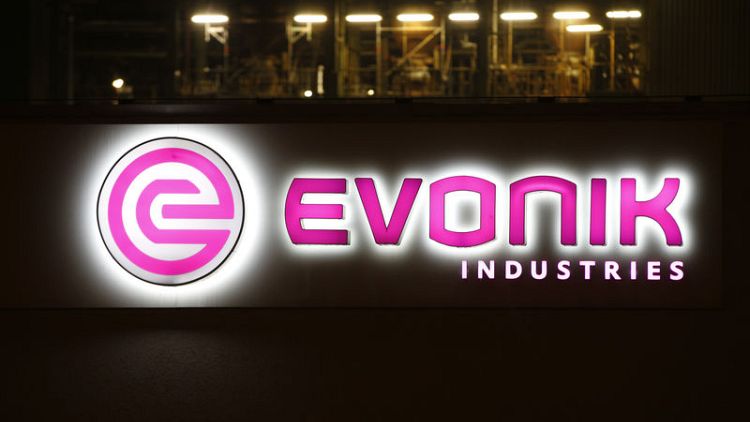By Claire Ruckin
LONDON (LPC) - Arranging banks are expected to be overexposed to a €1.785bn (£1.59 billion) leveraged loan backing private equity firm Advent’s acquisition of German chemicals group Evonik’s methacrylates plastics unit, Madrid, after limited success in selling it down, banking sources said.
The euro and dollar loans are likely to price at a heavily discounted 500bp over Euribor/Libor at 95 OID, a level where the arranging banks don’t make any of their 1.75% fee.
It is set to close shortly, around a week after commitments were due on June 11, the sources said.
Despite the heavy discount, the underwriting banks could be left long in the paper.
If this is the case, they have considered offering a six-month most favoured nation (MFN) provision at 95% of face value in a bid to protect investors and stop any of the arranging banks dumping the paper at a lower level in the secondary market.
The MFN means that if any of the leads sell lower than 95%, then all of the investors that bought the deal in primary syndication will be compensated for the difference, the sources said.
MFNs that apply on secondary trading are extremely rare in Europe’s leveraged loan market.
Advent was not immediately available to comment.
The loan met some resistance during syndication as many investors see Madrid as a commodities-exposed, cyclical business.
Barclays is lead left on the dollar tranche, while Deutsche Bank and Goldman Sachs are bookrunners. Bank of America Merrill Lynch, Bank of China, Helaba, HSBC, RBC and NatWest Markets are mandated lead arrangers.
Soft-call protection of 101 was also extended to 12 months from six months, alongside a myriad of document changes including restricted payments, the ability to take dividends and margin ratchets, the sources said.
“Evonik did a pretty comprehensive change to documentation,” an investor said.
Evonik agreed to sell its clear acrylic sheet unit to Advent International for €3bn in March.
(Editing by Christopher Mangham)



